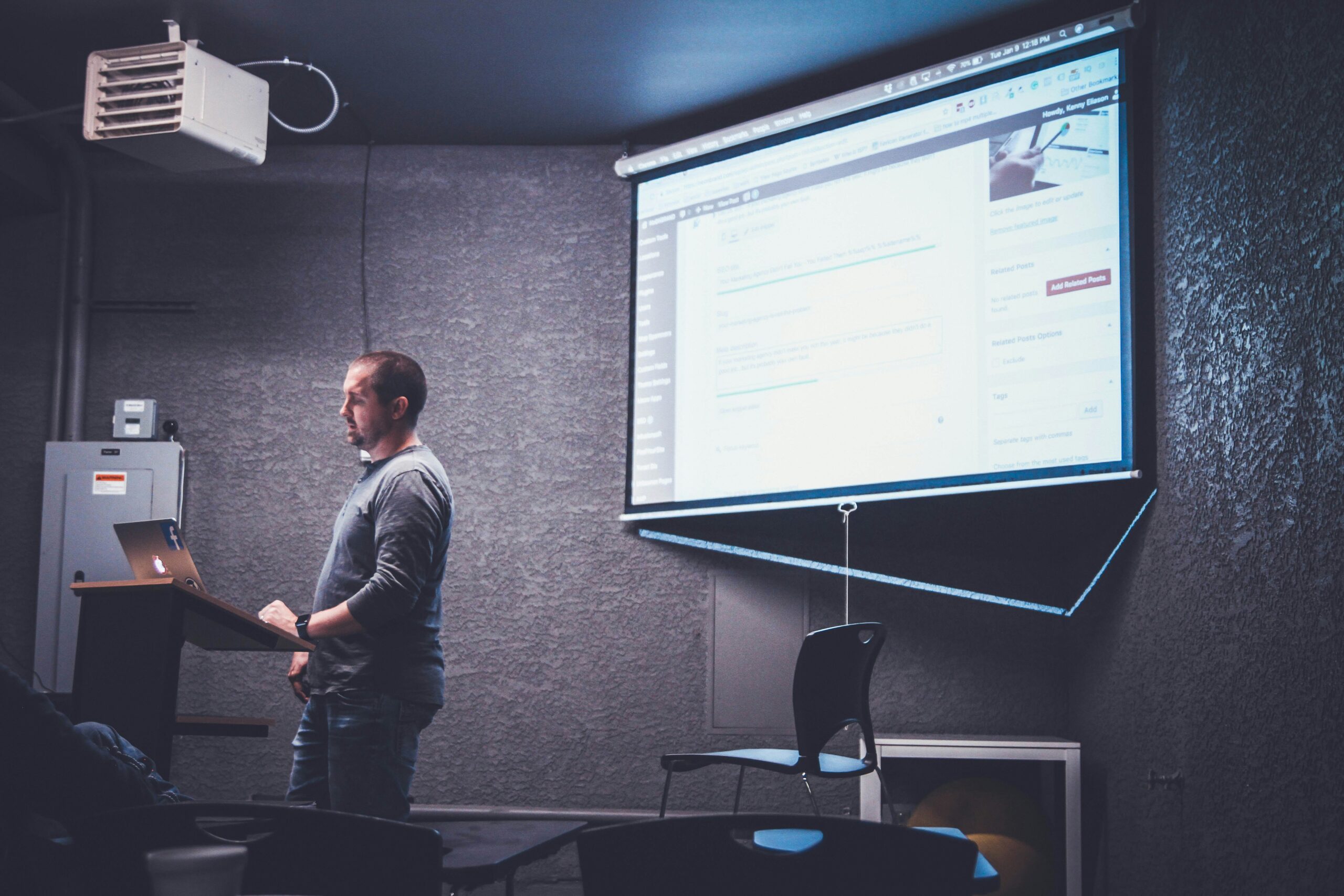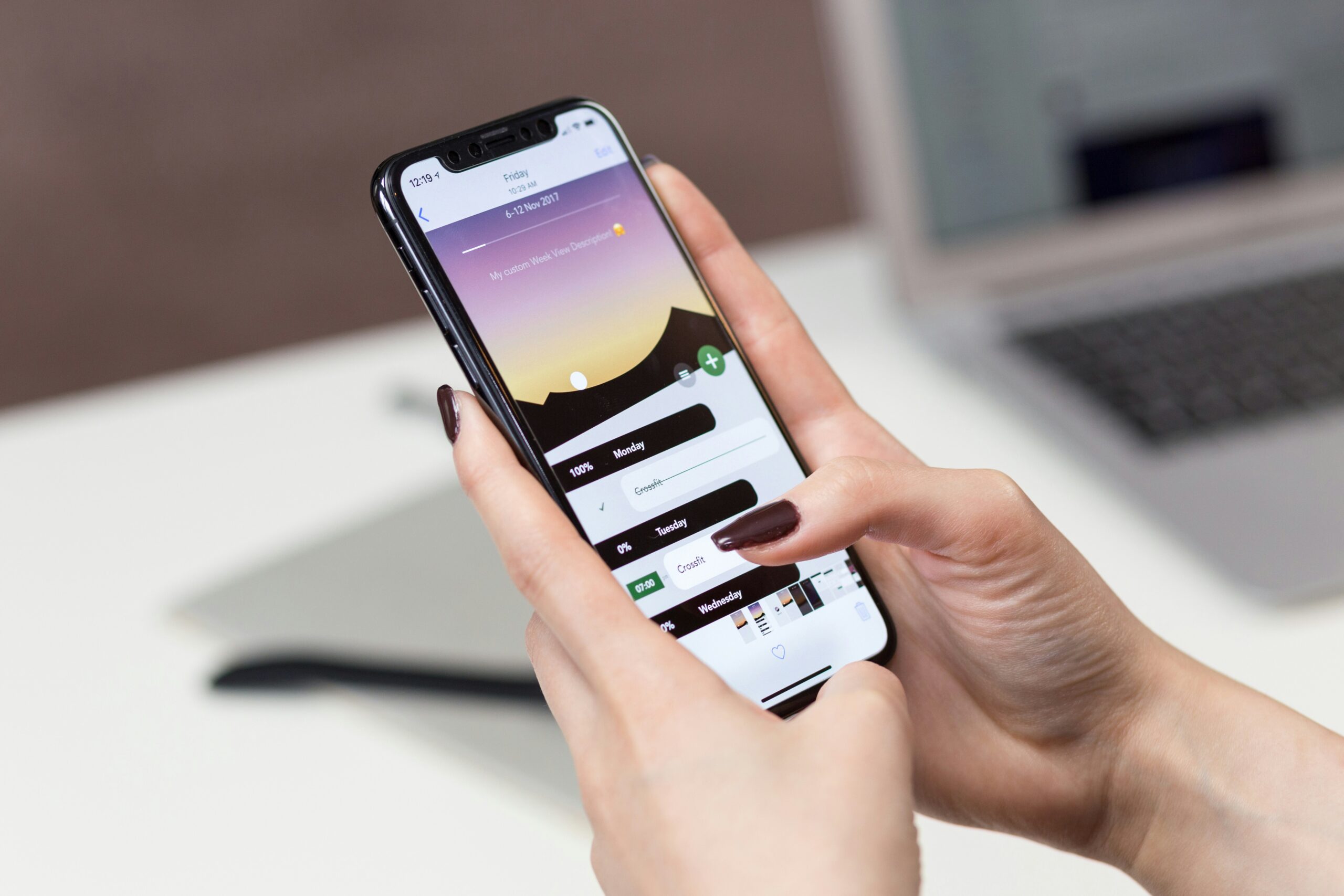The team of Lexic Minds had the honor to interview PhD. Simon Lappi. In a world where traditional education and workplace environments often overlook neurodiversity, PhD. Simon Lappi stands out with his perseverance and success to over any dyslexia challenges.
In Simon’s words, with these insights and sessions, he aspires to help others with dyslexia who will not receive a careless “you’re dyslexic” without further instructions or assistance as he did 40 years ago. He has offered the neurodivergent community stories of challenge, success, and sympathy. We hope you find comfort in the entry here, which contains the top highlights from the session.
To listen to the complete interview with PhD. Simon, refer to the YouTube video below:
Simon’s diagnosis and educational background
How was Simon’s educational journey before getting diagnosed with dyslexia?
Simon’s educational journey began in England, where he spent his early years before moving to the United States around 9 or 10. This transition between different educational systems added complexity to his learning experience. He moved through three different school systems with a personal pattern in common: consistent challenges with literacy.
Simon’s determination led him to university, where he chased his passion for science. However, the increased academic demands brought his reading and writing difficulties into clear light.
How was being diagnosed with dyslexia more than 40 years ago?
It wasn’t until graduate school that Simon received a formal diagnosis of dyslexia. This revelation came through the insight of an instructor who recognized similarities between Simon and a previous student with dyslexia. The instructor insisted that Simon undergo testing at a university-sponsored clinic.
The diagnosis was a turning point for Simon. It explained the challenges throughout his academic career and opened the door to potential accommodations and strategies.
What is it like to have dyslexia and get an advanced degree?
Despite the reading and writing challenges, Simon’s passion for science drove him to use his strengths to pursue advanced degrees. His journey took him through multiple fields of study, including biology, developmental biology, and ultimately, physical chemistry.
This way, Simon’s path to his PhD was not linear. He describes it as a “long, strange trip,” marked by setbacks and changes in direction. He made three attempts at graduate degrees before finally succeeding in physical chemistry. This perseverance in the face of significant obstacles is a defining characteristic of Simon’s journey and a source of inspiration for others with dyslexia aspiring to higher education.
Throughout this academic odyssey, Simon developed unique strategies to cope with his dyslexia, leveraging his strengths in visual and auditory learning to compensate for difficulties with written text. Therefore, his success in achieving a PhD in a challenging scientific field is a powerful reminder that dyslexia does not preclude academic achievement at the highest levels.

Tips and strategies to overcome academic challenges with dyslexia
Three tips to overcome academic challenges with dyslexia
- Focus on strengths: visual and auditory learning can make a difference for dyslexic students
- Be persistent and perseverant: you can do it, but patience and habits can make it easier.
- Adapt learning strategies to fit your needs. Search accommodations.
What were Simon’s biggest obstacles in academia with dyslexia?
- Reading lengthy texts from scientific papers
- Writing papers and dissertations to collaborate in academia
- Keeping up with the pace of traditional lectures without accommodation
What are some dyslexia strengths that Simon uses in academia?
- Simon describes his thoughts in “spheres” rather than linear progression. What an incredible image of thinking!
- Simon often arrived at conclusions faster but through unconventional paths. Embracing this helped him on his research journey.
- He realized he needed patience while others caught up to his thought process.

Tools and Strategies to Succeed with Dyslexia
What tech tools are the most helpful for Dyslexia?
- Audiobooks and text-to-speech software
- Natural Reader for PDFs
- Audible, Libby, and other audiobook apps
- AI-assisted tools
- ChatGPT and similar AI for information gathering and writing assistance
- Speech-to-text software
- Dragon Speaking (when affordable)
What methods help Simon with reading comprehension?
Three methods can help you with reading comprehension struggles due to dyslexia:
- Listening to audio versions of texts
- Using a card or ruler to isolate lines of text
- Breaking text into smaller, manageable chunks
How does Simon manage writing tasks?
You can manage writing tasks with the following strategies for dyslexia:
- Use dictation software when possible
- Focus on verbal explanations and have others transcribe for you when possible if you don’t have a tool near
- Used AI tools for initial drafts and editing assistance
How does Simon handle time constraints at work?
To manage time constraints at work due to dyslexia, you can focus on the three following strategies:
- Allow extra time for reading and writing tasks
- Prioritize understanding concepts over memorizing text
- Use visual scheduling and planning tools
Dyslexia in the Workplace
What challenges has Simon faced in corporate environments?
- Long emails and reports
- Open office layouts with constant distractions
- Linear thinking expectations from management
Poof! Which of us haven’t faced these?
How does Simon advocate for himself at work?
Here are some strategies that you can use to advocate for your dyslexia at work.
- Add the hashtag #MadeByDyslexia to your email signature: “Expect curious ideas & curious spelling.”
- Request quiet spaces for focused work!
- Educated colleagues about your thinking style: maybe a colleague identified with your experience!
What strategies does Simon use for effective workplace communication?
- Choose face-to-face or video conversations over email
- Use text-to-speech for reading long documents
- Focus on the ability to see connections and think “big picture“
Public Speaking and Dyslexia
How does Simon approach public presentations?
If you have dyslexia or ADHD, here are three ways in which you can ace public talks:
- Prepare thoroughly but avoid reading from notes
- Use minimal text on slides, focusing on key points and visuals! You can add text to help your audience, not for you.
- Incorporate humor and personal anecdotes to engage the audience. They will remember what you say if you make them laugh.
What tips did Simon offer for overcoming public speaking anxiety?
- Remember that the audience doesn’t know what you planned to say
- Be honest about mistakes or difficulties
- Use interaction and movement to connect with the audience

Advice for Dyslexic Minds Like Yours
How can dyslexics welcome their unique thinking style?
- Understand that thinking in “spheres” is an incredible advantage that can take you far!
- Learn to kick off tasks in a way that works for YOU.
What kind of support and resources should dyslexics seek?
- AI tools like ChatGPT.
- Text-to-speech apps like Natural Reader.
- Joining dyslexic communities.
Simon’s methods and wisdom offer invaluable direction for anyone facing similar challenges, revealing that with the right tools and mindset, academic and professional excellence is achievable.
Welcome your strengths, find supportive resources, and continuously adapt to strategies. Dyslexic minds can thrive in any educational and professional path. 💙
Read Other Spotlights:





